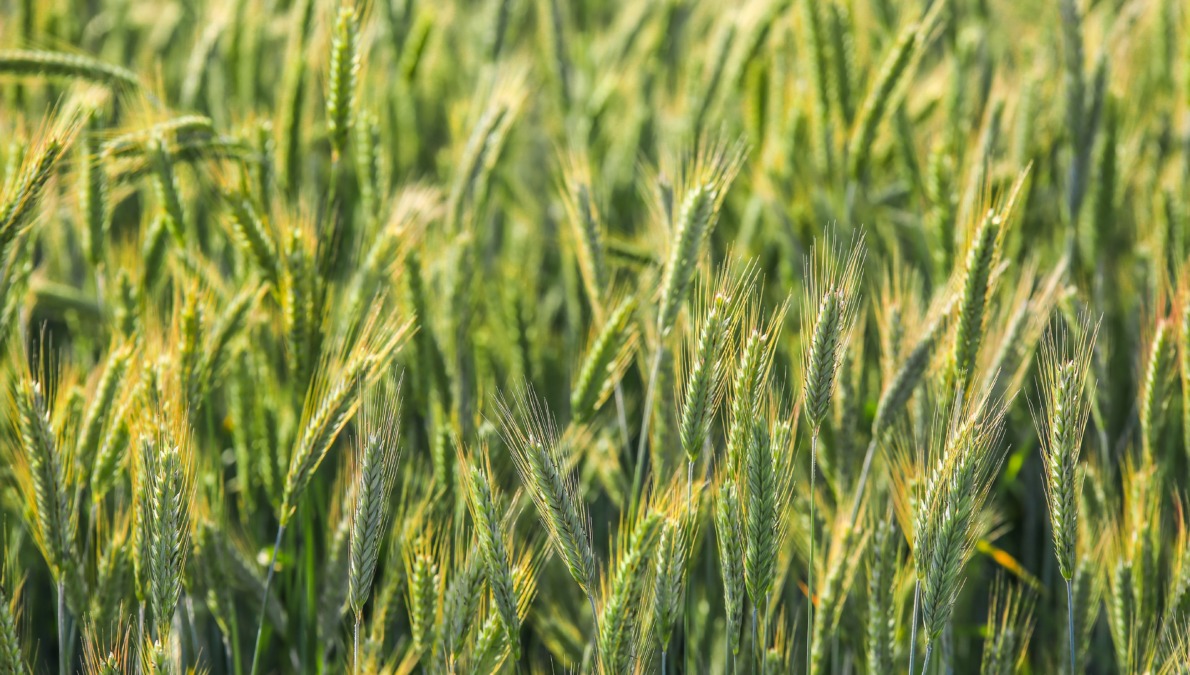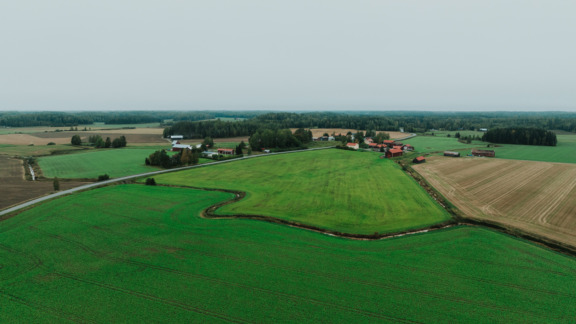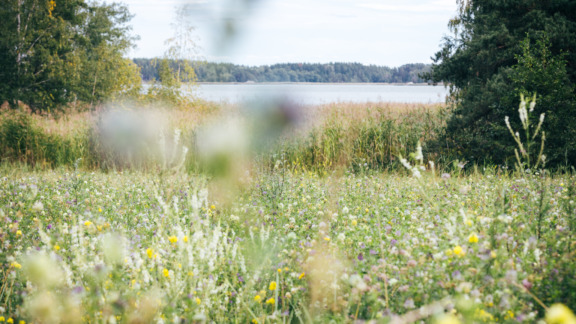Soil health and carbon sequestration addressed at international 4/1000 conference
The increasing frequency of extreme weather events caused by climate change, the loss of fertile soil and biodiversity loss are challenging the food security and the future of food production worldwide. However, soil management offers solutions to these challenges. The first Northern European meeting of the international “4 per 1000” Initiative will bring international leaders in the topic to Helsinki on 6–8 June 2023.

Improving soil health alongside food production using regenerative agricultural practices can improve food security and effectively mitigate climate change, biodiversity loss and eutrophication of the Baltic Sea and other water bodies.
Efforts to develop farming methods are now being made at both the grassroots level and the international policy level. At the 2015 Paris climate conference, Finland committed to the international “4 per 1000” Initiative, which aims to increase agricultural soil carbon sequestration globally by 4 ‰ annually by transitioning to regenerative farming practices that improve soil health.
In Finland, the “4 per 1000” Initiative has been implemented through the Ministry of Agriculture and Forestry’s Catch the Carbon programme, which has funded numerous projects studying soil carbon sequestration and soil health. The upcoming conference is part of this programme. The main organiser of the conference is Baltic Sea Action Group – a Finnish non-profit foundation, which has long worked to reduce the impact of agriculture on the Baltic Sea and the climate.
“I look forward to meeting top international and national experts and decision-makers in Helsinki. Soil is now at the heart of EU policy, and soil carbon sequestration is on the agenda across Europe. This is our opportunity to provide a venue for scientific dialogue and sharing of best practice. At the same time, we can highlight our own specific issues and the solutions that have been developed in Finland through collaboration between scientists and farmers. We have a lot to learn, but also a lot to give,” says Jaana Husu-Kallio, Permanent Secretary of the Ministry of Agriculture and Forestry.
Exchange of information speeds up the transition
Over three days, more than 50 top speakers will share different perspectives on soil carbon sequestration. Speakers will address topics such as verification of soil carbon sequestration, climate-smart use of peatlands, soil biodiversity and improving soil health in practice. Participants will also have the opportunity to visit Qvidja experimental farm or the University of Helsinki’s research sites in Viikki and learn about ongoing research projects.
In Finland and around the world, regenerative agricultural practices, which address interconnected environmental problems, are being developed at a rapid pace. In Finland, stakeholders have built internationally unique collaboration to promote regenerative agriculture. Both the Catch the Carbon projects and the Carbon Action platform are promoting regenerative agriculture on several fronts at the same time. Top researchers have produced new knowledge, farmers have tested and developed methods in practice, and companies in the food chain have brought soil management into their business.
“The cooperation model we have created has attracted a great deal of interest from abroad, and now we have a great opportunity to share what we have learned. Solutions will not benefit people and nature if people don’t know about them. We need to make the best solutions widely available, quickly. That’s why we have invited farmers, scientists, businesses, and authorities to come together to share knowledge and meet each other,” says Laura Höijer, CEO of Baltic Sea Action Group.
The EU also recognises the importance of soil
Soil issues are high on the European agenda. The EU published a strategy for soil protection in 2021 and is currently preparing a legislative proposal on soil health. The “4 per 1000” conference will host a number of key persons in the field.
Magda Kopczynska, Deputy Director-General of the European Commission’s Directorate-General for Agriculture and Rural Development will open the event. Christian Holzleitner, Head of Unit responsible for Land economy and Carbon removals at the European Commission, will speak on the certification of carbon removals.
Professor Claire Chenu, Director of Research at the French Institute for Agricultural, Food and Environmental Research, will also speak. Professor Chenu is a leading expert on soil organic carbon and the links between farming practices and soil carbon stocks.
Businesses have an important role to play in accelerating the adoption of regenerative farming practices. Representatives of Valio, Carlsberg, and General Mills will speak at the event.
CONTACT US




